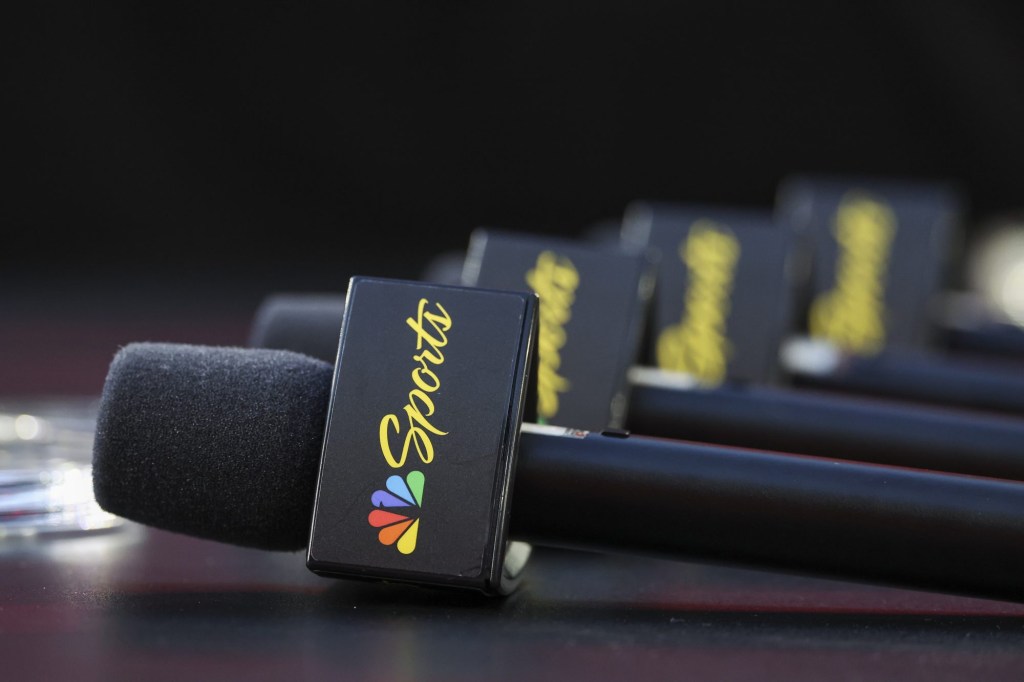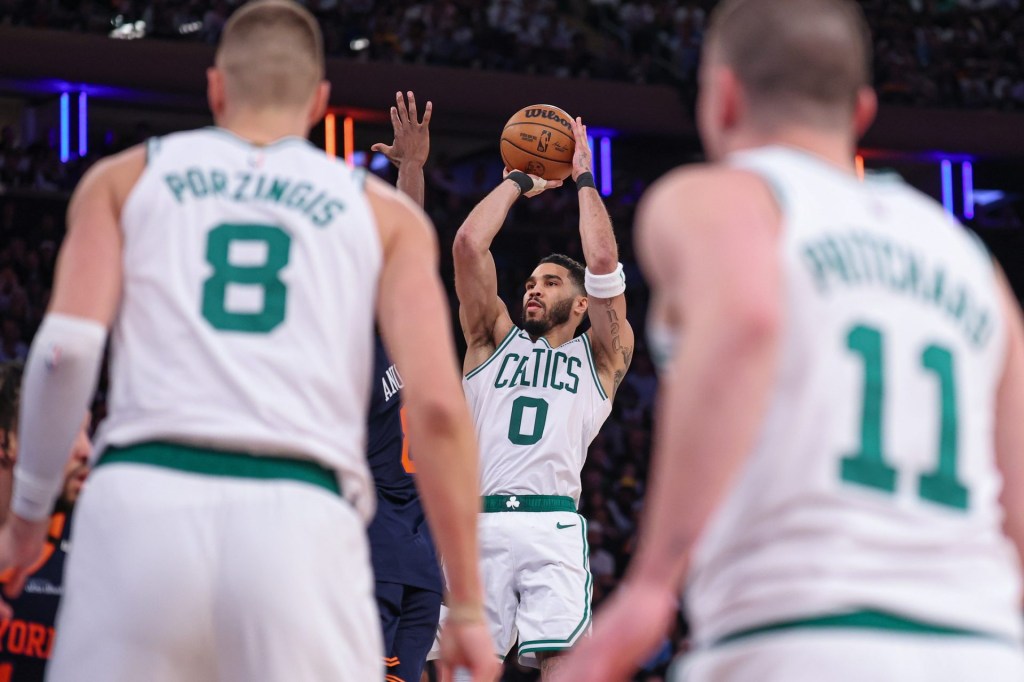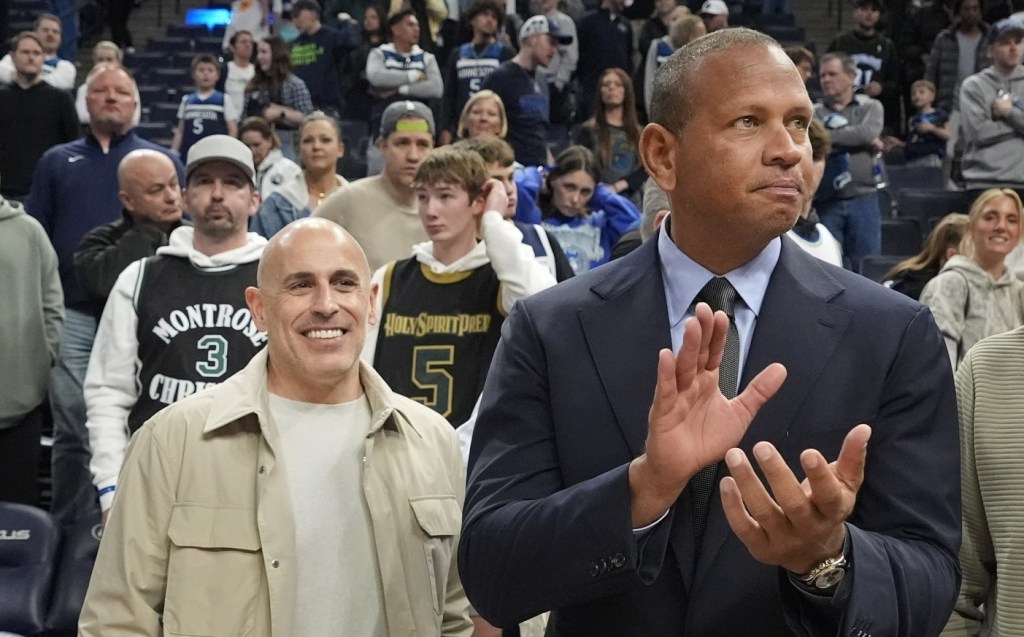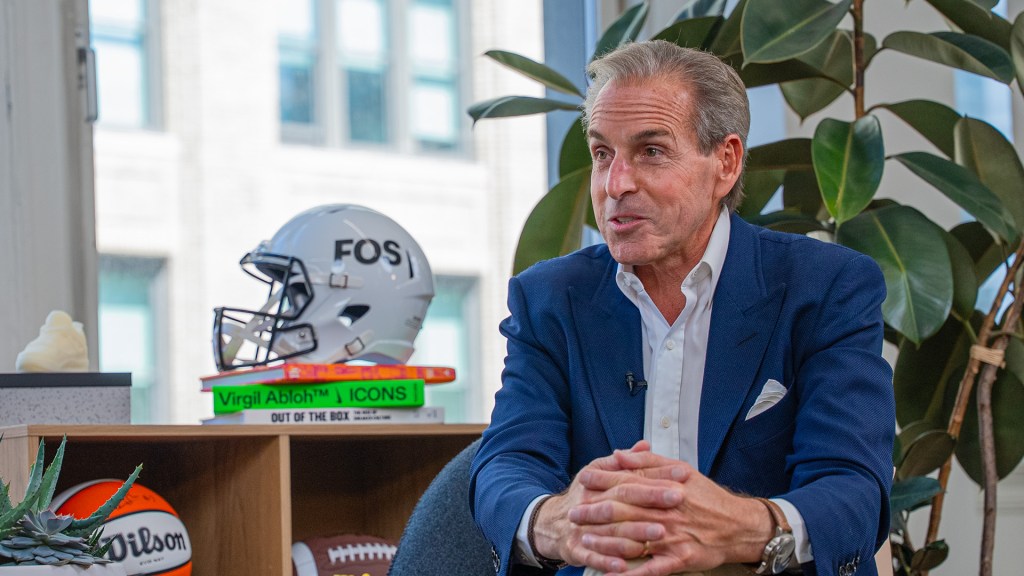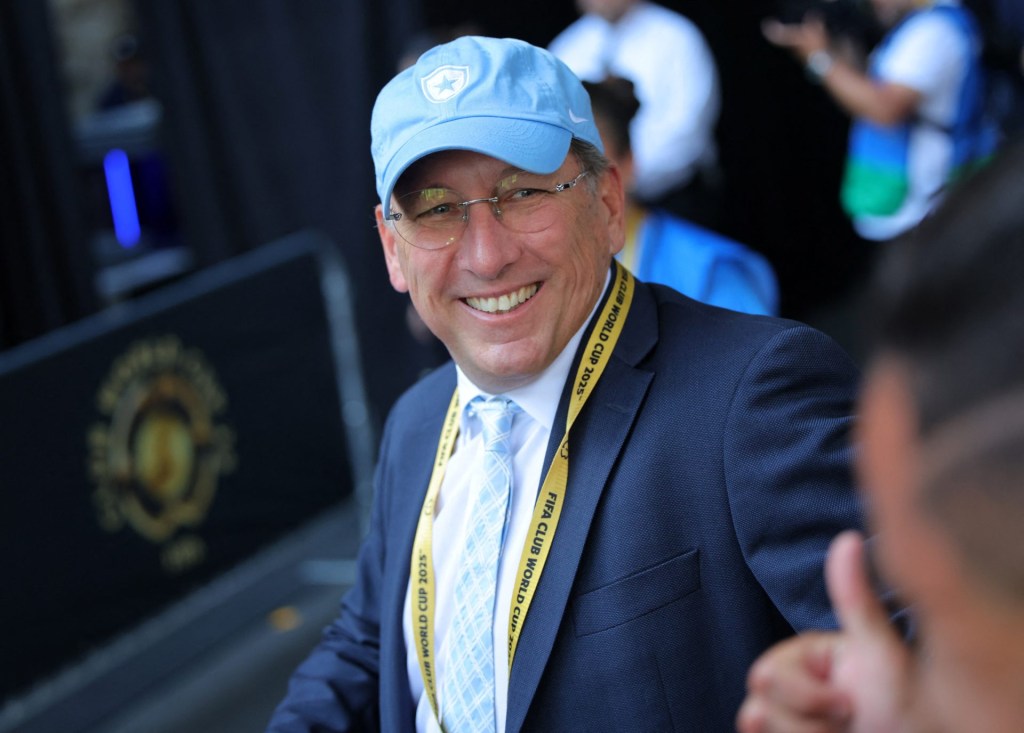This feature is presented to you by the University of Nebraska — Lincoln Master of Arts in Business with a Specialization in Intercollegiate Athletics Administration.

Nate Duncan seems to have earned his JD from the NBA with a specialization in collective bargaining agreements. He created his own podcast that includes detailed NBA game wrap-ups, salary cap breakdowns and NBA draft prospect analysis called Dunc’d On and is more knowledgeable about the numbers behind the NBA than most.
This prolific podcaster’s journey started once he graduated from Tulane University in 2002.
Upon graduation from Tulane, he spent two years working as a paralegal in Chicago.
In 2004, he enrolled in law school at the University of Arizona and three years later was on the path to where he is today.
“I didn’t do anything related to sports. I wasn’t involved in the sports law club (not even sure if they had one), but was simply an avid basketball follower.”
“It is never too late to start something new.”
— Nate Duncan
Sports started to creep into the picture in the late 1990’s as he was reading Baseball Prospectus and advanced stats to become a more educated fan. Then, in the early 2000’s, he transitioned to reading John Hollinger and Dean Oliver.
“I started reading as much NBA content as I could get my hands on. It was something that intellectually interested me.”
Want more great content like this? Be sure to subscribe to our newsletter!
He had played basketball in high school and truly loved the game, but aside from that, he had never particularly dreamed of doing anything sports-related publicly or writing himself. It all started by accident.
“I had a friend who I watched basketball with who suggested to me [that] I should write instead of bothering him with all my comments on the game. So, I started my own website in January of 2012. It was rather ad hoc, but I did go to the Sloan MIT Sports Analytics conference that year and made some contacts in media and with teams.”
About a year-and-a-half later, he started writing for Basketball Insiders and began to organically progress to a podcast in 2015. Not thinking he could make a living off a podcast, Nate kept his day job as a lawyer.
That was until his podcast took off and he realized that it could support him.
“I had some ambitions of possibly working for a team, so I tried to teach myself the collective bargaining agreement. The podcast took off within the first two to three months and it became clear that I could support myself by just doing the show. In October of 2015, I quit being a lawyer, so now my podcast is my primary means of support.”
Duncan enjoyed being a lawyer, but didn’t love it. Basketball was simply a nice hobby that gave him something to do.
“I wasn’t as nearly as driven or ambitious at the start because it didn’t seem possible to thrive doing my hobby. I started this at age 32. I’d probably be a lot further along if I had started earlier. Fortunately, we live in an age now where just about anyone can get their work out there compared to 20 years ago. There was no chance I could have been able to do this without having to go to journalism school and attempting to get into the business that way.”
His favorite part of his job is trying to watch basketball and figure out why teams win or lose because to him, it’s an incredibly interesting intellectual exercise.
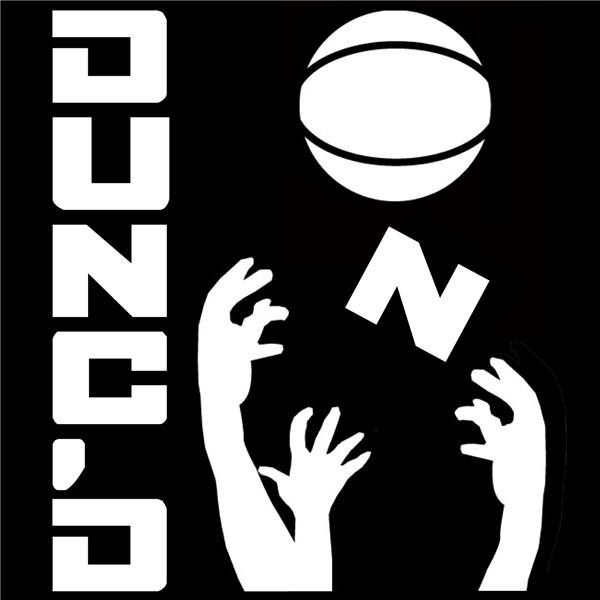
“If you think about sports, we probably have more publicly available information about sports than just about any other field. People pay more attention to sports than politics or if a company is making money or anything in the public sphere. There’s a ton of appetite for knowing about sports and information about sports. The challenge of analyzing the game and getting a deeper understanding whether it’s through film or statistical analysis is interesting to me.”
Having found his niche and by inserting value-added comments into conversations, Duncan has been able to grow a solid following.
Some of his most memorable podcasts include his mock offseason ones where he plays the role of an agent and has guests who come on as the GM.
Since starting the mock offseason version of his podcast he has seen the likes of cap experts such as Danny Leroux, Dan Feldman, and Kevin Pelton come on to play the general manager for certain teams.
“We simulate the whole offseason and try to provide contracts and destinations for everyone. It’s a fun exercise to try to see what kind of contracts people are going to get, where the money is going to go and when the money is going to run out. We do a mock trade deadline as well. Those are the episodes that are the most fun to do and resonate the most.”
Duncan says hosting a podcast about the NBA is more like being an attorney than you would think. He used his ability to analyze legal documents to read through the entire collective bargaining agreement and make flashcards to teach it to himself.
“When you’re a lawyer writing a motion, you gather the facts, which is the same thing as me saying, ‘I’m going to watch the game and gather the stats.’ Then, you apply the law to those facts. Basketball analysis is similar because you have the scouting reports and statistical analysis. The law is basically your experience. These are all the things that have happened before. How does this fit into the general principles that I’m aware of and what can I take away from what I just saw and make some larger conclusions.”
He says the biggest difference there has been in terms of the collective bargaining agreement, especially when you look at 2011 and the lockout that happened is the revenue of league has gone up so much. The biggest thing driving revenue is live sports on television has become more valuable of a property.
The previous national television deal for the NBA paid between $800–900 million per year. The current one is going to pay well over two billion dollars a year.
“That increase has been a rising tide that’s lifted both the owners and players. They don’t want to kill the goose that laid the golden egg whereas before the claim was that the owners were all losing money and were willing to miss a season if necessary. That gave them enough leverage that they were willing to push missing games and give the players a pay cut in terms of revenue. Now the league is much healthier, partly because of the explosion of the value of live television rights that’s occurred at the local and national levels.”
His advice for those who want to work in the sport industry is to find something that you are passionate about and work on an aspect of it so even though you’re working hard, it doesn’t feel like work.
“It’s a lot easier to work hard when it doesn’t feel like work. My work doesn’t feel like work. I’m probably working 12 or 13-hour days during the playoffs, but it doesn’t matter to me because I love doing it.”
Better late than never has been Duncan’s motto. If he hadn’t taken a chance and followed his passion of basketball, he wouldn’t have been able to share his gift of basketball analysis.
“It is never too late to start something new.”
We would like to thank Nate for his time and insight and we wish him the best in all his future endeavors! You can follow him on Twitter or connect with him on LinkedIn!

